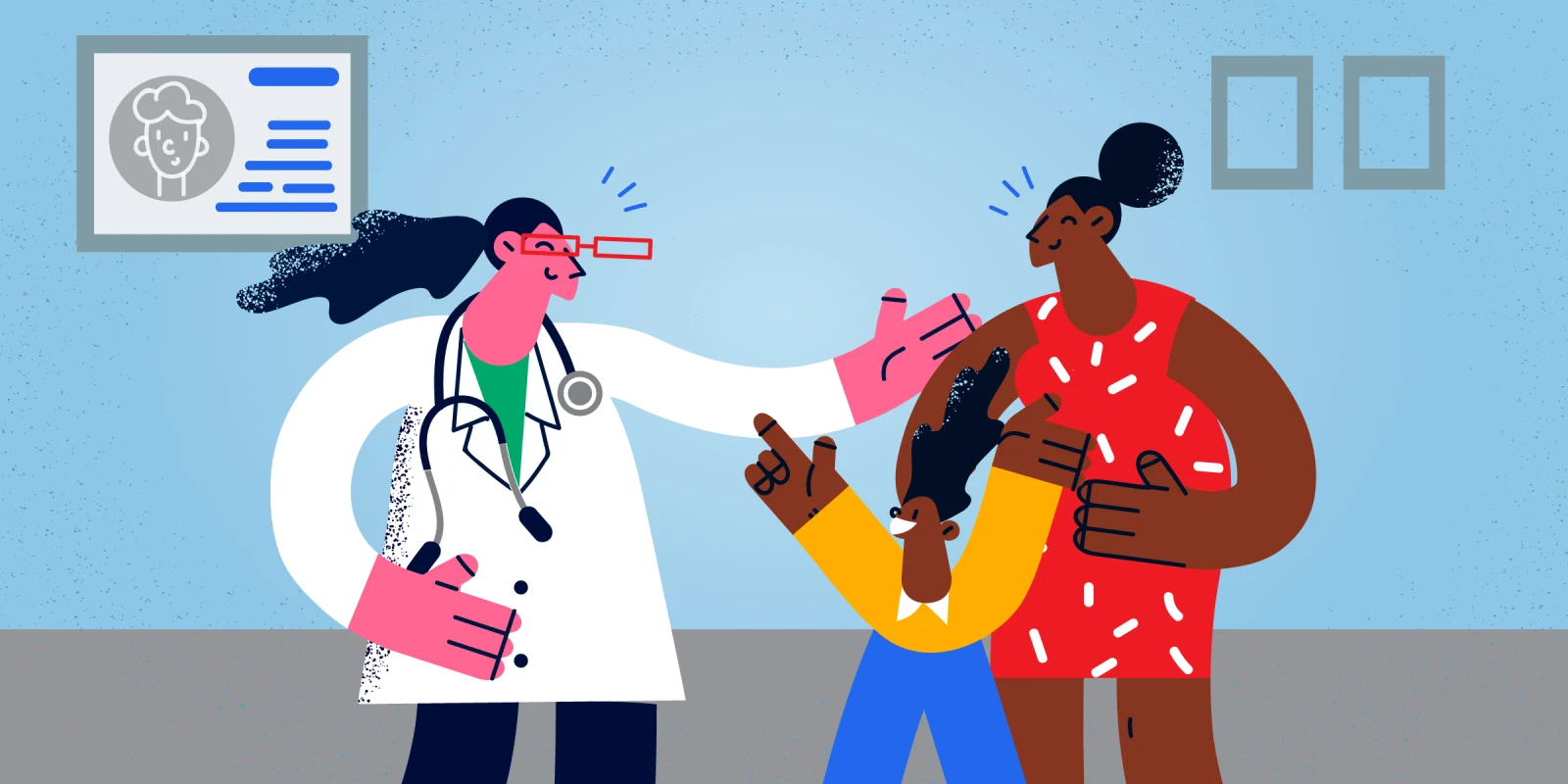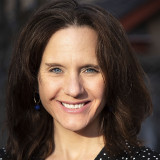When I first sat down to write about my experience of working in a community clinic, I thought I could keep it simple, reading almost like a manual: Lessons I’ve Learned… .
I tend to like the approach of simplification, and the comfort in assuming that simple rules lead to predictably happy endings. Initially, I had condensed my “manual” down to six bite-size lessons:
- Just be nice
- Share with others
- Violence doesn’t work
- Everyone can benefit from deep breaths
- Use your village (family, neighbors, school, congregation, friends)
- You can choose what you focus on
“Cute idea!” was the feedback I got.
While cute was certainly simple, it was not necessarily what I was aiming for. A cute summary suddenly seemed vastly inadequate in my attempt to capture my experience of providing clinical care to underprivileged families. I realized that if I truly wanted to encapsulate my practice, I’d have to dig a little deeper and possibly leave the shores of simplicity and predictability. After all, the stories and individuals that I’ve encountered deserve more from me than a cute summary, and I certainly have more to offer from my experience than a quote that fits nicely on a Hallmark card.
So, I try again. What does a day look like without condensing it to a pithy maxim or aphorism? This particular day is not special or unique, necessarily. It’s an ordinary Wednesday. There’s a damp and prickly wind outside, and even for California, it’s cold. I’m bundled up as I walk through the parking lot, and when I open the door to the clinic, it’s full of patients quietly waiting in plastic chairs. Most of the faces I instantly recognize: they too appear to be cold, bundled in thick jackets and multiple layers of sweatshirts. A little girl with dark hair and dark eyes looks at me shyly and grins with familiarity. I smile back and wave. I know her and the rest of her family: the toddler trying to squirm out of the stroller, the mom with a heavy yet genuine smile. Their stroller is loaded up with diapers, blankets, and snacks. Because they have explained it to me at previous visits, I know that they walked several blocks to make their appointment, which is later in the morning.
My first patient, an infant, already waiting in the exam room with her parents, has a diagnosis of malnourishment and failure to thrive. She has a weekly appointment with me to check her weight. The baby, despite multiple hospitalizations and referrals to the best experts in the area, is barely gaining any weight at all. As she nears her first birthday, her weight consistently hovers around 11 pounds. Her parents shaved her head in the past week, and I can more easily see the protruding bones of her skull. And yet! She smiles and giggles the moment I enter the exam room. As I start to probe into the baby’s daily caloric intake, both parents shoo away the questions and pull out their phones to show me videos. “Look what she did this week!” I pause and watch videos of a baby crawling under a chair, laughing at her dad playing peek-a-boo, and babbling in response to both parents' prideful banter.
I can’t help but feel a sense of gratitude for this invitation extended to me, allowing me to witness the intimate details of this family’s interactions with one another. Is this a simple story with a happy ending? At this point, clinically, I have no idea. The parents barely speak English and find it overwhelming to understand all the advice and instructions being thrown at them; the dad can’t ask for more time off from his restaurant job to go to multiple medical appointments, let alone more probable hospital admissions; the mom still desperately wants to breastfeed, but has a quickly diminishing supply; the foods of their native country are not readily available here, so they can’t offer what they consider to be the most nourishing foods. (Thankfully, the baby with her giggles and grins doesn’t seem bothered by any of it — the lack of native food, the diminishing breastmilk, or the hospital admissions — at all!) The dietary plan we come up with will get us through another week, when we’ll meet again to check her weight, review the most recent recommendations from specialists, and then hopefully watch more videos of a family completely in love.
The remainder of my day consists of add-on sick visits with worried moms bouncing irritable, coughing, snotty babies on their laps; a new patient with a history of abuse that requires a CPS report; and a teenager praying for a negative pregnancy test.
None of this is cute. These are individual stories — journeys that I jump briefly into, but not completely. I reflect again on what I’ve learned from my time in a community clinic. Be nice? Yes. The value of a village? Unquestionably important. Choice? Definitely. But, none of this is quite right.
What I’ve learned is that I often have no idea how things will progress or end up. There are no simple rules to follow, and happy endings are somewhat up to the interpretation of the individual. In a community clinic there are some heartwarming stories, and there are some heart-wrenching stories. But, mainly, I have no idea what people are going through. Human stories are messy and confusing at best, and it’s the being connected to them that offers meaning. As I ponder it further, I realize that the setting of a community clinic itself isn’t the most important piece of my experience. It could just as easily be a hospital ED or a specialty clinic where these patients and their lives cross my path. The most important piece, rather, is the showing up and staying present, and I love being there for it. I love the connections, the witnessing of human strength, the fire of commitment that parents innately possess for their children, and the togetherness that I get to be a part of. So my summary, I guess, is that there’s no way to write a manual on why or how to work in a community clinic, or any other specific area of clinical practice for that matter. Ultimately, I do the best that I can, and genuinely try to help those who cross my path attain health and well-being. Tomorrow, I’ll return for another day.
If you had to write a one-liner about patient care, what would it be? Share in the comments.
Kyra is a pediatric NP who trained in Denver, CO and now works in a neighborhood community clinic in the Bay Area. She loves having the opportunity to interact with families and their community as a whole. In her free time, Kyra enjoys spending time with her two kids doing anything that requires being outside in nature. Kyra was a 2021–2022 Doximity Op-Med Fellow and continues as a 2022–2023 Doximity Op-Med Fellow.
All names and identifying information have been modified to protect patient privacy.
Image by Alphavector / Shutterstock







